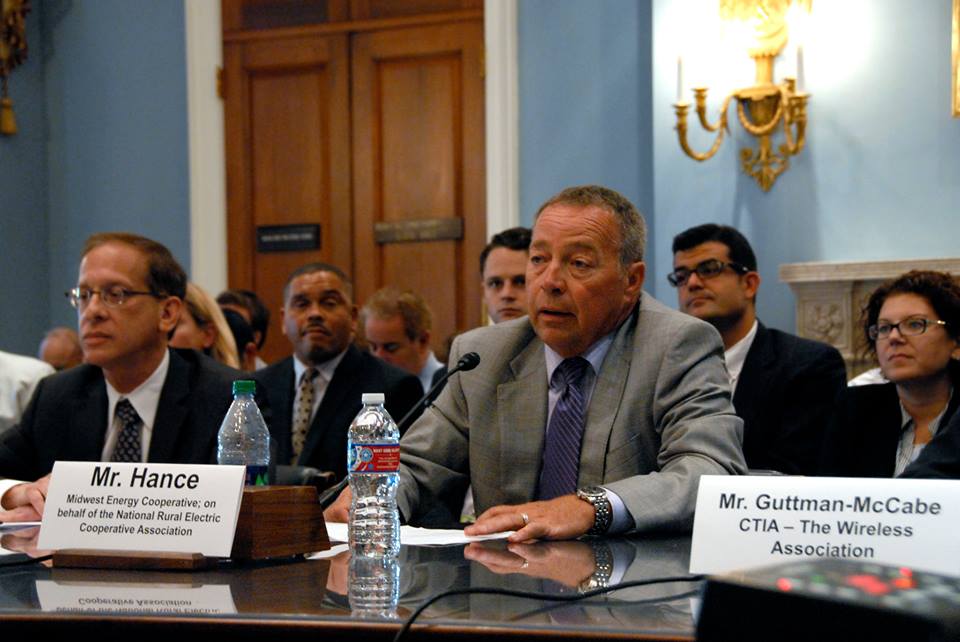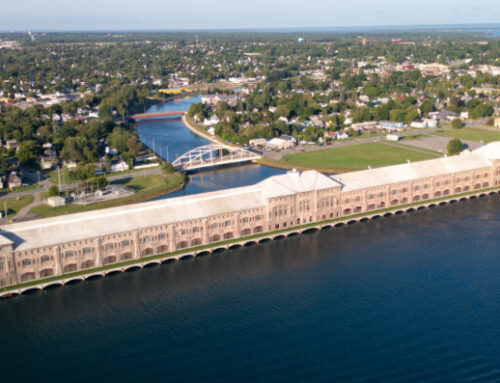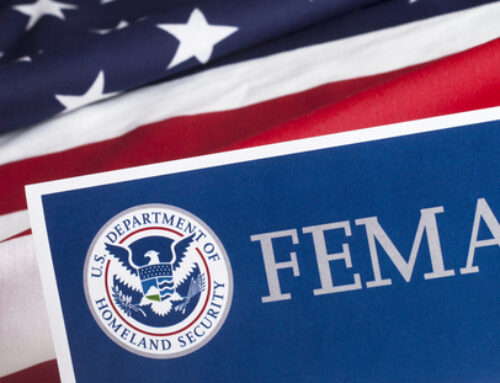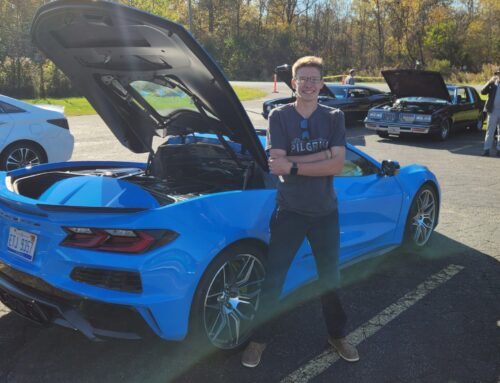Bob Hance, CEO of Midwest Energy Cooperative, testified before the House Agriculture Subcommittee on Livestock, Rural Development and Credit on July 29 in Washington, D.C., about the Co-op’s efforts to bring high speed internet service to rural areas. His testimony is intended to open up funding and policy change for broadband solutions.
Midwest Energy has been a strong electric co-op voice and leader in advocating for rural broadband for the past several years. “Midwest Energy Cooperative and Mr. Hance are carrying the torch on behalf of electric co-ops interested in rural broadband from throughout the country,” said Craig Borr, CEO of the Michigan Electric Cooperative Association.
In his testimony, Hance recalled how electric co-ops were formed to bring electricity to the countryside because larger investor-owned utilities were unwilling to provide it. “Today, Midwest Energy and other rural electric co-ops are again answering the call to develop the next transformative utility – robust broadband – in rural America,” he said. “I am proud to discuss with you Midwest Energy’s rural broadband initiative, offered through our telecommunications subsidiary, Midwest Connections.”
Midwest Connections started and recently launched a fiber optic network over its lines that now provides over 60 residential members with high speed internet access, with nearly 200 others awaiting their turn.
A recent National Telecommunications and Information Administration (NTIA) study shows only 23 percent of rural residents have wireline broadband at a speed of 50 Mbps, compared to 98 percent of urban residents. The National Broadband Map and anecdotal evidence from Midwest members, Hance said, suggests that in their service area, 50 Mbps is even less available.
“Significant gaps in the availability of broadband in rural America strand our members on the wrong side of the digital divide,” Hance explained. “Without robust access to broadband, these Americans cannot take advantage of the educational opportunities or employment prospects that most Americans now take for granted.”




